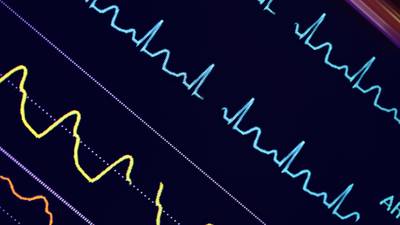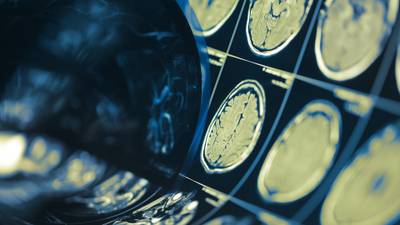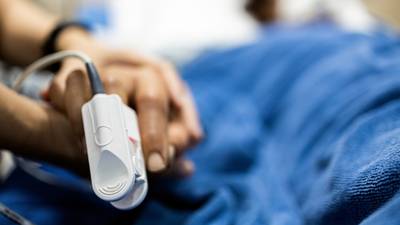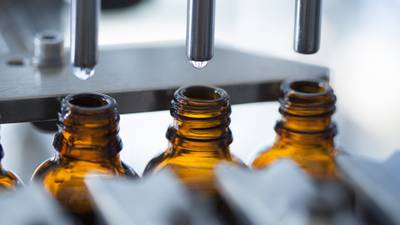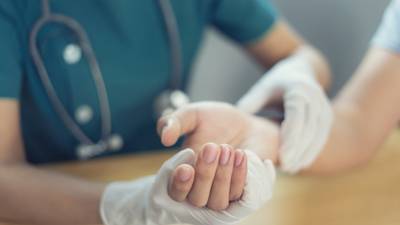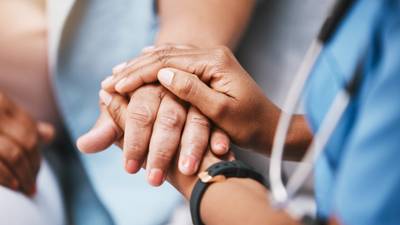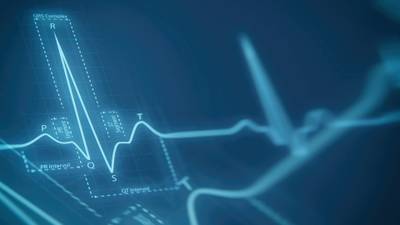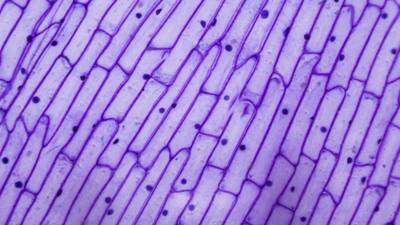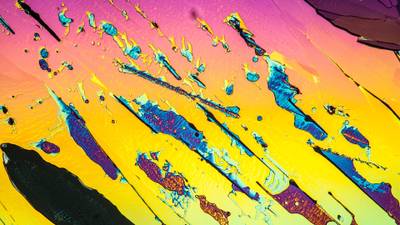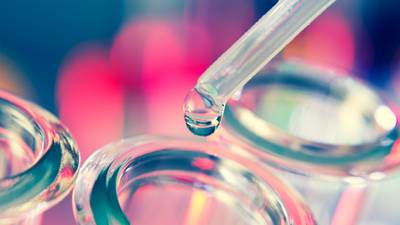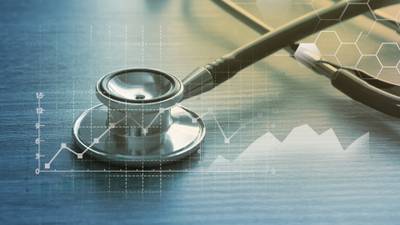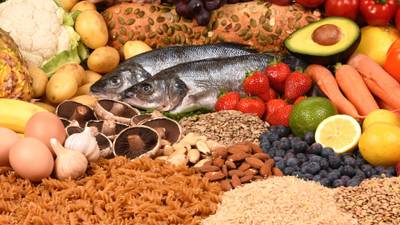Why is communication so important inside the human body?
Find out how different parts of the body communicate with each other.
This course will show you how our body’s communication system works, and how individual components produce energy.
What you’ll study
You’ll learn about the key energy pathways used inside the body, and how different elements communicate effectively.
You’ll find out about the biomolecules involved in communication, and the role of endocrinology and immunology.
You’ll understand how the body regulates itself and improve your knowledge of disease development and prevention.
You’ll cover the following topics:
- How does the body produce energy?
- Why is communication important in the body?
- The key communication pathways used by the body.
- Biomolecules used in communication.
- How the body regulates itself.
By the end of this course, you’ll be able to…
-
Explain the importance of communication between different components of the body.
-
Describe the role of endocrinology and immunology within the body.
-
Classify and describe the key molecules involved in endocrinological and immunological processes.
-
Describe the importance of homeostasis and synthesise examples of when and how this process is used in the body.
-
Describe the key pathways involved in energy production.
How you’ll study
What Drives the Body? is a three-week short course, delivered entirely online via FutureLearn. You can study anywhere in the world and manage your study hours to suit you.
The course is delivered by academics and health researchers from our Institute of Applied Health Sciences. It features a range of online resources, including videos, articles, discussion and quizzes.
Study hours
You’ll spend around four hours per week on this course.
Where this will take you
Build your learning
This course could help you prepare for one of our online Applied Health short courses.
If you’re keen to learn more about the human body:
Your teaching team

Dr Alison Richmond
Alison is a Research Assistant at the Institute of Medical Sciences at the University of Aberdeen, working alongside the researchers in the Centre for Arthritis and Musculoskeletal Health.
She has a PhD in Biochemistry and a MSc in Human Nutrition and an interest in supporting the learning of others.

Dr Elizabeth Hay
Elizabeth is a Research Fellow in the Institute of Medical Sciences at the University of Aberdeen. She has a PhD in molecular biology and is currently researching genetic factors that influence joint health and arthritis.




